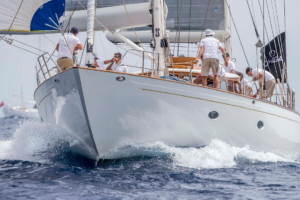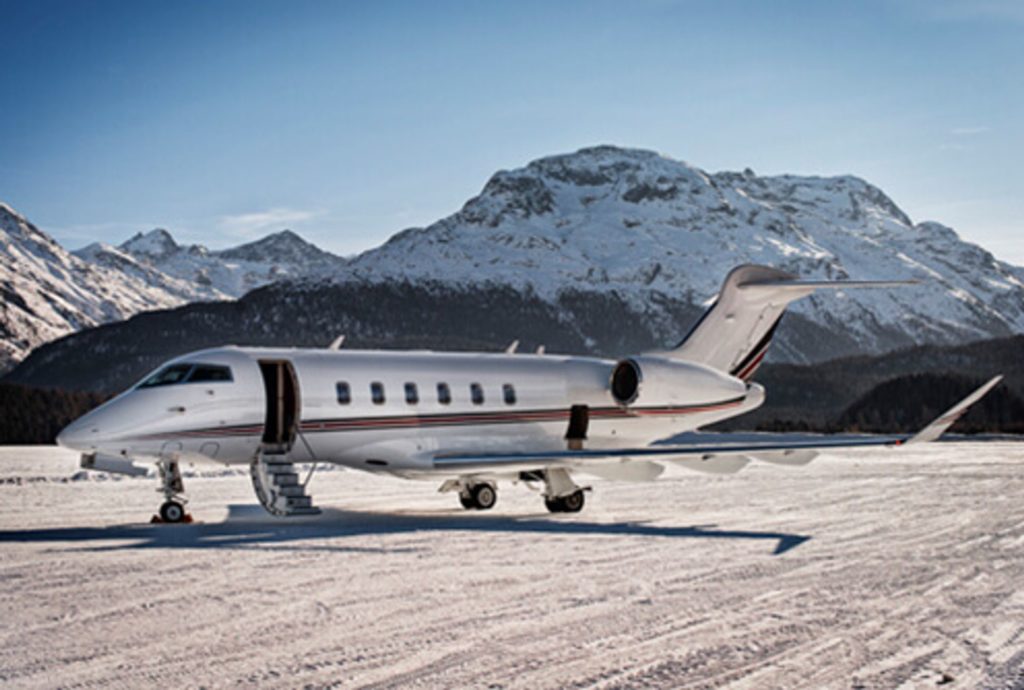Of the industries impacted by COVID-19, few have seen such a dramatic shift in consumer behavior as global tourism with jet-setting travelers cancelling holiday flights en masse.
And as the world continues to emerge from lockdown, hospitality and tourism players are holding out hope that high net worth individuals (HNWIs) will play a key role in reviving the sector. This month, we thought it’d be interesting to take a look at how travelers’ preferences have been impacted and consider how HNWIs will travel in the post-pandemic world.
 What will luxury travel experiences look like in the future?
What will luxury travel experiences look like in the future?
First, let’s begin with some data-points:
8% of HNWIs in the UK, 12% of those in the US, and 21% in China plan to use personal transport such as private jets and yachts more during lockdown: bit.ly/2tNAGpP
45% of affluent and high net worth individuals say they plan to book fewer long-haul flights for leisure than they did before the crisis: bit.ly/3bbKHyp
Sales of super-prime real estate doing exceptionally well during the K-shaped economic recovery: on.ft.com/2YMoKB0
Next, consider that luxury travel collectively accounts for $507.6 billion of the $1.41 trillion spent each year on air travel and accommodation. Combine this buying power with the easing of COVID-19 travel restrictions (22% of all destinations worldwide in late June, up from 3% in mid-May) and we can begin to understand the recovery-power this segment of travel will have on the overall hospitality industry.
Privacy Matters Even More
While difficult to manage, the escapist nature of travel has never been in more demand than during the lock-down period of the pandemic. HNWIs have been putting their wealth to work, hiring private yachts, jets and villas as they look for ways to disconnect with family and friends while distancing themselves from crowds. “May is on track to be the best month of new customer relationships that we’ve seen in the past ten years,” said Patrick Gallagher, the CEO of private jet operator NetJets, to The New York Times. “Concerns about opulence and concerns about environmental issues are gone.”
It’s reasonable to think that this trend will continue into the 2021 winter. In a recent survey carried out by the Listex Luxury Virtual Event, 32% of skiers said COVID-19 would have a very significant impact on their resort choice, while 45% indicated it would impact their accommodation choice. “At the end of the 2019/20 season when COVID was well and truly upon us, UHNWIs from Hong Kong and Singapore were hiring out lodges exclusively and bringing in their own staff.”
Local Goes Luxe
Those less willing to jet off to far away places are making the most of stay-cations and regional road-trips. RVshare, the Airbnb of mobile accommodation, reported that the number of days booked via its platform was more than twice as high in January-June 2020 than over the same period in 2019, while Cruise RV saw a substantial swing from an international audience to a domestic one.
Like villas, RVs give travelers control over their experience, and as infection rates indicate they’re going to be limited in their freedom to travel for at least the short-to medium-term, Americans are going to have to make do with staycations longer than other nationalities.
HNWIs are also flocking to luxury over-land providers like https://www.glamperrv.co.uk where they can rent (or buy) high spec recreational vehicles that meet their expectations in terms of style, features and performance. Lucy Caille launched the brand after her and her husband Raphael, a motorsports engineer, were looking for a vehicle to use to attend long distance racing events throughout Europe.
Reconnecting with Nature
We’ve written about the benefits of “blue health” and time spent by the water before, but beyond connecting at the coast, HNWIs are seeking out isolated adventure travel experiences that allow them to explore the wilderness and spend time out in nature. “It’s (nature travel) not just defined by the fact it’s a glamping facility, but about the environment and what you do – exploring the wilderness, hunting for and preparing your own food in a way that is energising and rejuvenating.” says Milena Nikolova, director of the Adventure Travel Trade Association.
“The internal part of the [travel] experience is going to gain even stronger value and true luxury will evolve into something intangible rather than the tangible,” says Nikolova. “Think of it as almost a mindfulness exercise. The right moment, combined with the right meal and the right story – this can have a tremendous impact on how I feel and what I take away from the experience.”
Meet People Where They Are
COVID-19 and its related economic impact will be with us for the foreseeable future. Therefore recognizing the role consumer segments such as HNWIs will play in rebuilding economic strength will be critical, too. Equally important, however, will be business and brands’ ability to develop innovative new experiences that reflect the needs of these consumers. First-movers that can quickly adjust their strategies and offerings based on these behaviors will be best positioned to emerge from the current crisis healthy and profitable.

